The Institute for Healthcare Improvement (IHI) has declared March 8-14, 2020 to be Patient Safety Awareness Week. The annual event promotes safety in the healthcare system for both patients and healthcare workers. Medical harm remains a leading cause of death worldwide with the World Health Organization estimating 2.6 million deaths annually from unsafe care in hospitals.
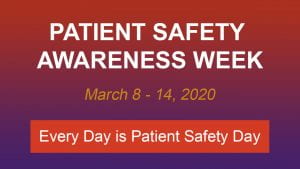 The Institute provides a number of supporting resources on its website:
The Institute provides a number of supporting resources on its website:
Patient Safety Essentials Toolkit
Leading a Culture of Safety: A Blueprint for Success
It also makes available a Safety Culture Assessment tool for organizations.
IHI is offering a free virtual learning hour, Principles for Improving Patient Safety Measurement, on Tuesday, March 10th from noon to 1pm.
You can find more resources on IHI’s Patient Safety page, including how to earn the Certified Professional in Patient Safety credential.
Here are some Himmelfarb Library resources on patient safety:
AccessMedicine. Patient Safety Modules [multimedia]
Banja JD. Patient Safety Ethics : How Vigilance, Mindfulness, Compliance, and Humility Can Make Healthcare Safer . Baltimore: Johns Hopkins University Press; 2019.
Fondahn E, Lane M, Vannucci A. The Washington Manual of Patient Safety and Quality Improvement . Philadelphia, [Pennsylvania: Wolters Kluwer; 2016.
Journal of Patient Safety and Risk Management. London: SAGE Publications; 2018.
Wachter RM, Gupta K. Understanding Patient Safety . Third edition. New York: McGraw-Hill Education; 2018.
Waterson P. Patient Safety Culture : Theory, Methods, and Application . Farnham, Surrey, England ;: Ashgate Publishing Limited; 2014.

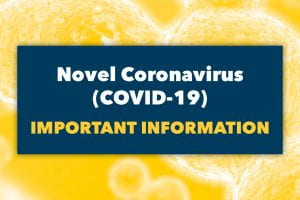
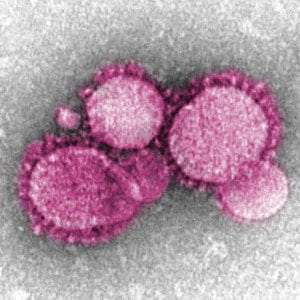

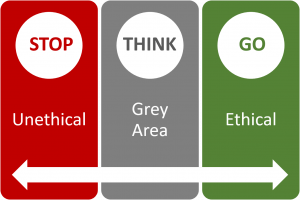

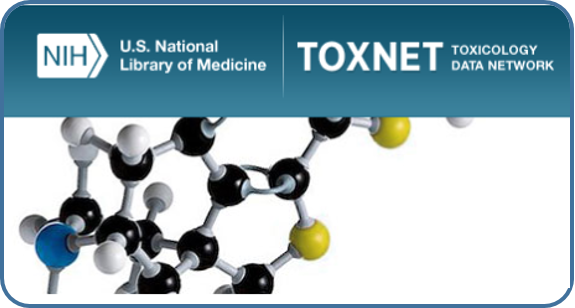

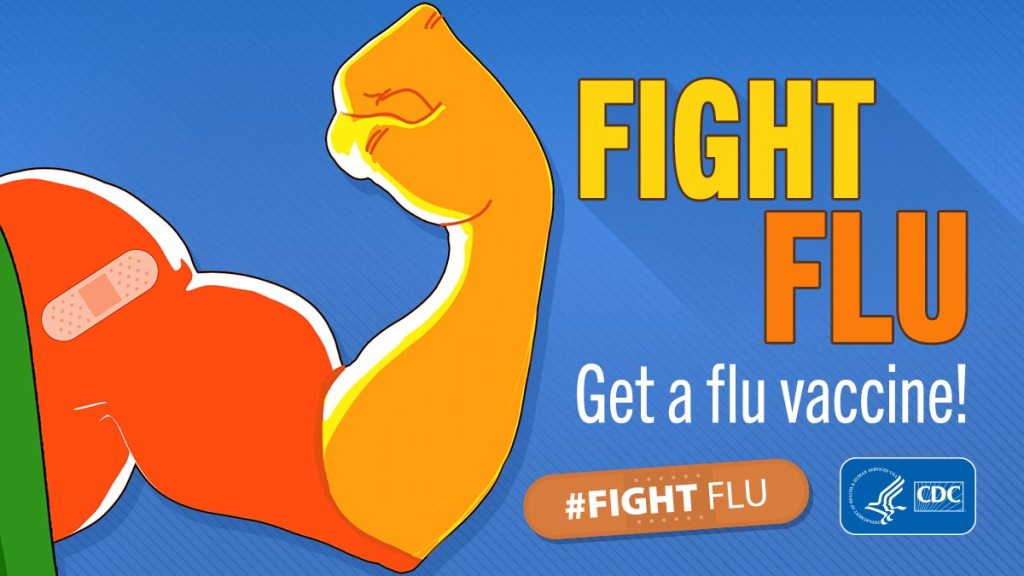
 Can supporting your local team (GO NATIONALS!) make you happier?
Can supporting your local team (GO NATIONALS!) make you happier?

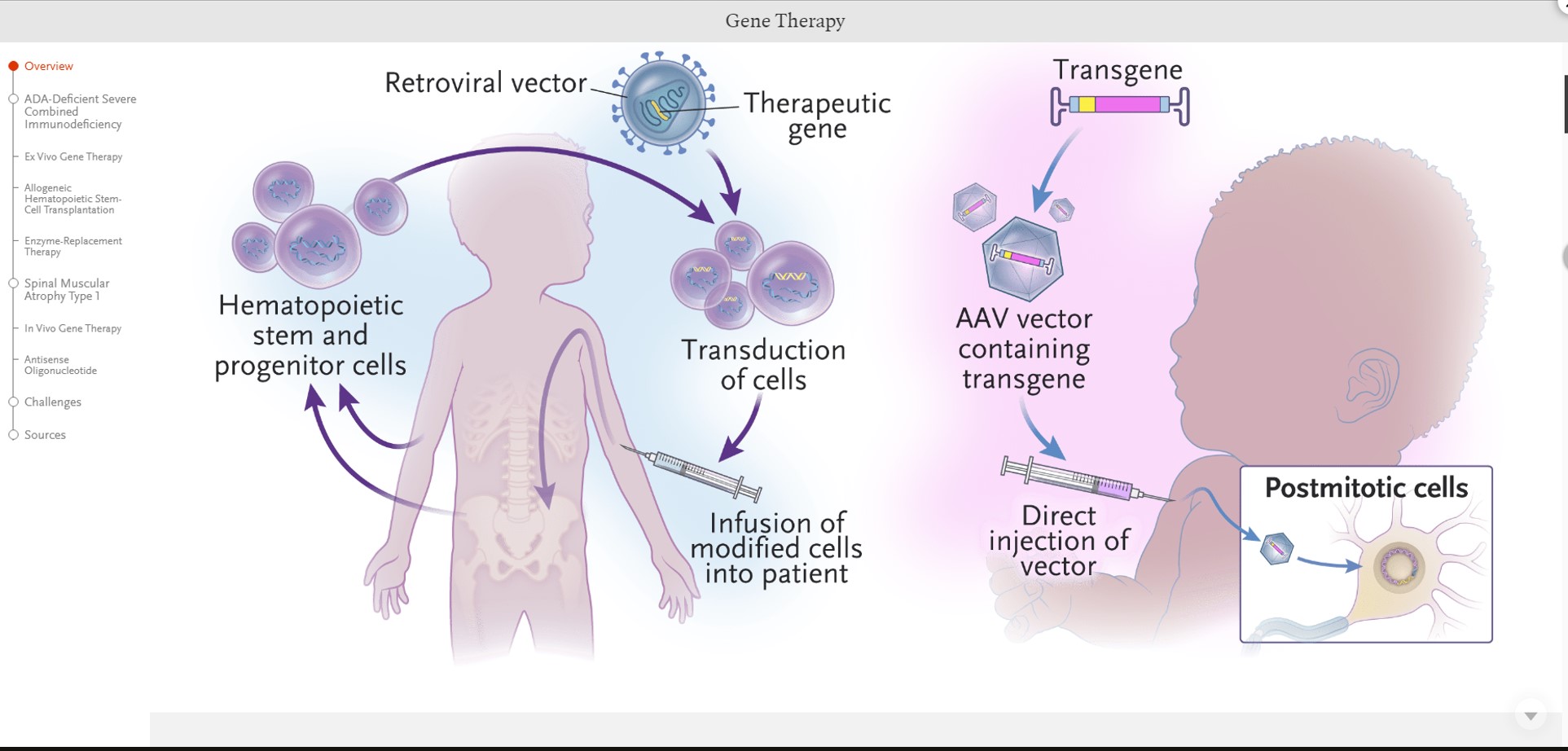 What's the state of the art for gene therapy? It can be challenging to remain abreast of this fast-moving field but a recent review article in the
What's the state of the art for gene therapy? It can be challenging to remain abreast of this fast-moving field but a recent review article in the 